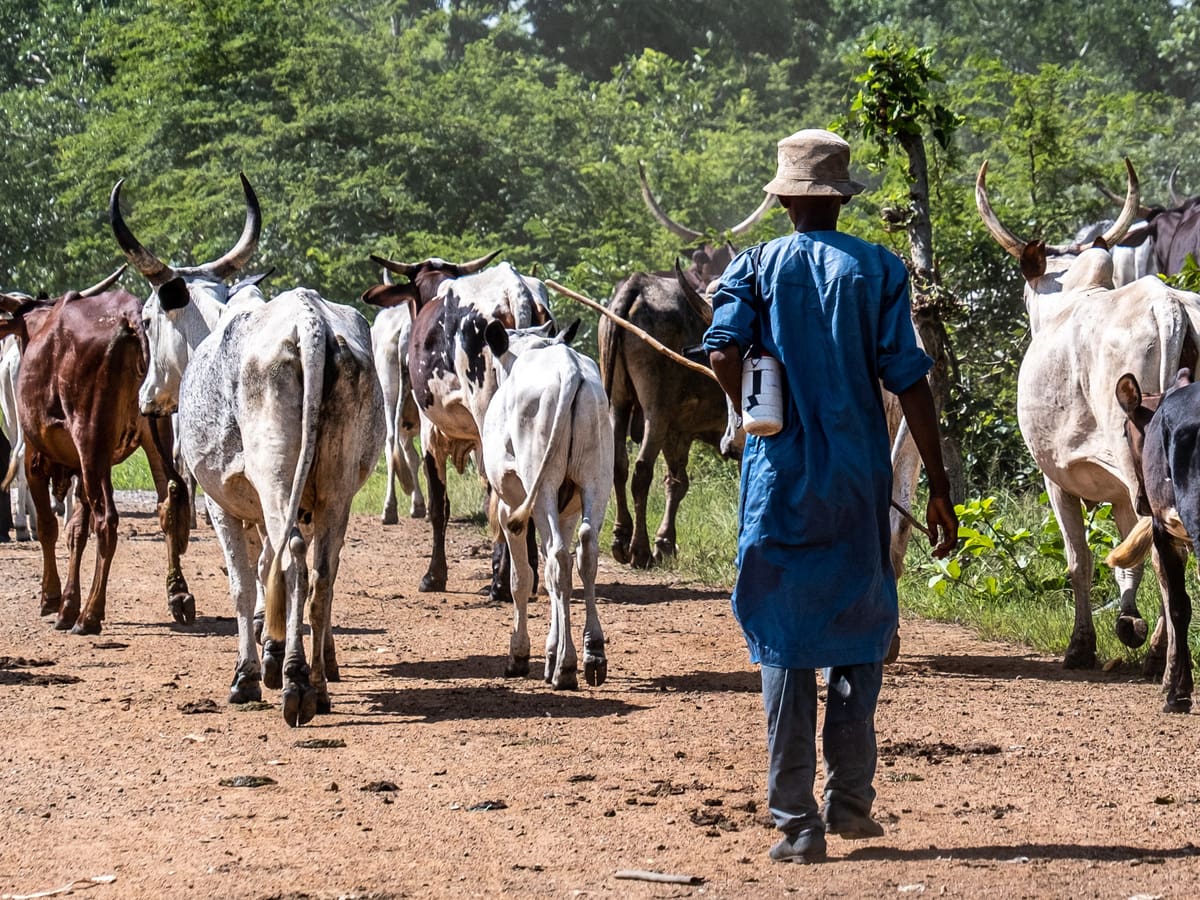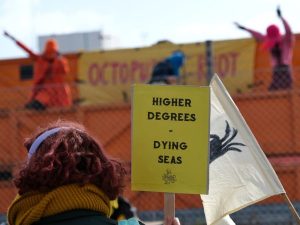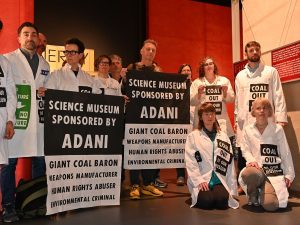The UN Convention to Combat Desertification (UNCCD) has said that the world has degraded up to 50% of the global rangelands.
All over the world, traditional herders rely on the earth’s open space to support ancient ways of life. They are a cultural bedrock for over half a billion people in more than 100 countries. Many of these are poor and marginalised.
Unfortunately, the plains, tundra, and savanna that these herders live on are in much greater danger than previously suspected. Notably, a major new report found that capitalist societies and the climate crisis has degraded half of these environments.
Rangelands – a climate ally
Rangelands make up more than half of the world’s land surface and are spread across every continent, except Antarctica. They encompass some of nature’s most incredible views, including the arctic, deserts, mountains, scrubland and wetlands.
Rangelands are also a cultural bedrock for 500m pastoralist people – who live nomadic lives while herding and caring for animals. Many of these people’s livelihood and wellbeing are directly linked to rangeland health and productivity – such as the Bedouin people in the middle east, or the Sami people of Norway, Sweden, Finland, and Russia. Nomadic communities have relied on these ecosystems for thousands of years to produce food and income.
Globally, up to two billion people also rely indirectly on rangelands for the services they provide.
In Africa, the rangelands support the biggest population of large mammals. There is a globally unique number of species, including elephants, buffalo, rhinoceros, giraffes, lions, leopards, cheetahs and zebras. The future of these animals is directly related to the future of Africa’s rangelands.
Most importantly, healthy rangelands are a huge asset in the fight against the climate crisis. They lock away carbon in the soil and spur the growth of new vegetation that pulls planet-destroying CO2 from the atmosphere.
Climate crisis fuelled destruction
Several factors, including poor policy, neglect and large-scale rangeland mismanagement have eroded soils. This means releasing carbon, rather than storing it and stripping the earth of the nutrients it needs to support all life forms.
The UNCCD’s new report says that climate change, urban expansion, population growth, and the conversion of land for farming was fuelling the destruction of rangelands.
Ibrahim Thiaw, executive secretary of the UNCCD said that we had hugely undervalued rangelands and their “silent demise” had passed mostly unnoticed, despite the stakes being so high. He also told AFP:
We as humanity have to pay attention to this.
He also said that the “persistent loss and deterioration” of rangelands would be felt beyond pastoralist communities. Thiaw added:
It is part of our heritage.
Losing it would mean not only losing ecosystems and losing the economy, but losing our own culture.
‘Voiceless and powerless’
Crucially, the world has barely studied these lands.
Protecting these huge rangelands would require policy that better supports pastoralists – the people who understand the land better than anyone else.
However, the report noted that states and authorities render these communities “voiceless and powerless”.
Thiaw also commented:
Marginalised, pastoralists and livestock breeders find it hard to influence development policies. They are voiceless, powerless, and generally, a minority in the political and administrative machinery. Although estimated to number half a billion souls, they are sometimes classified as indigenous peoples or as societal outsiders.
The report did note that:
The incorporation of indigenous people to rangeland governance is a clear step to help recover these historic landscapes.
And:
The co-creation of knowledge by producers and researchers, and respect for and use of traditional wisdom held by indigenous communities, open new paths for restoring and protecting rangelands.
However, the report was unclear as to whether they actually consulted any indigenous people.
It’s worth noting, whilst the report mentions that marginalised people “find it hard to influence development policies” – this usually means that policy makers have systematically excluded and ignored them. They must do better in providing the seats for everyone to have a place at the table.
Additional reporting by Agence France-Presse
Feature image via Brendertogo/Wikimedia, cropped and resized to 1200 by 900, licensed under CC BY-SA 3.0




